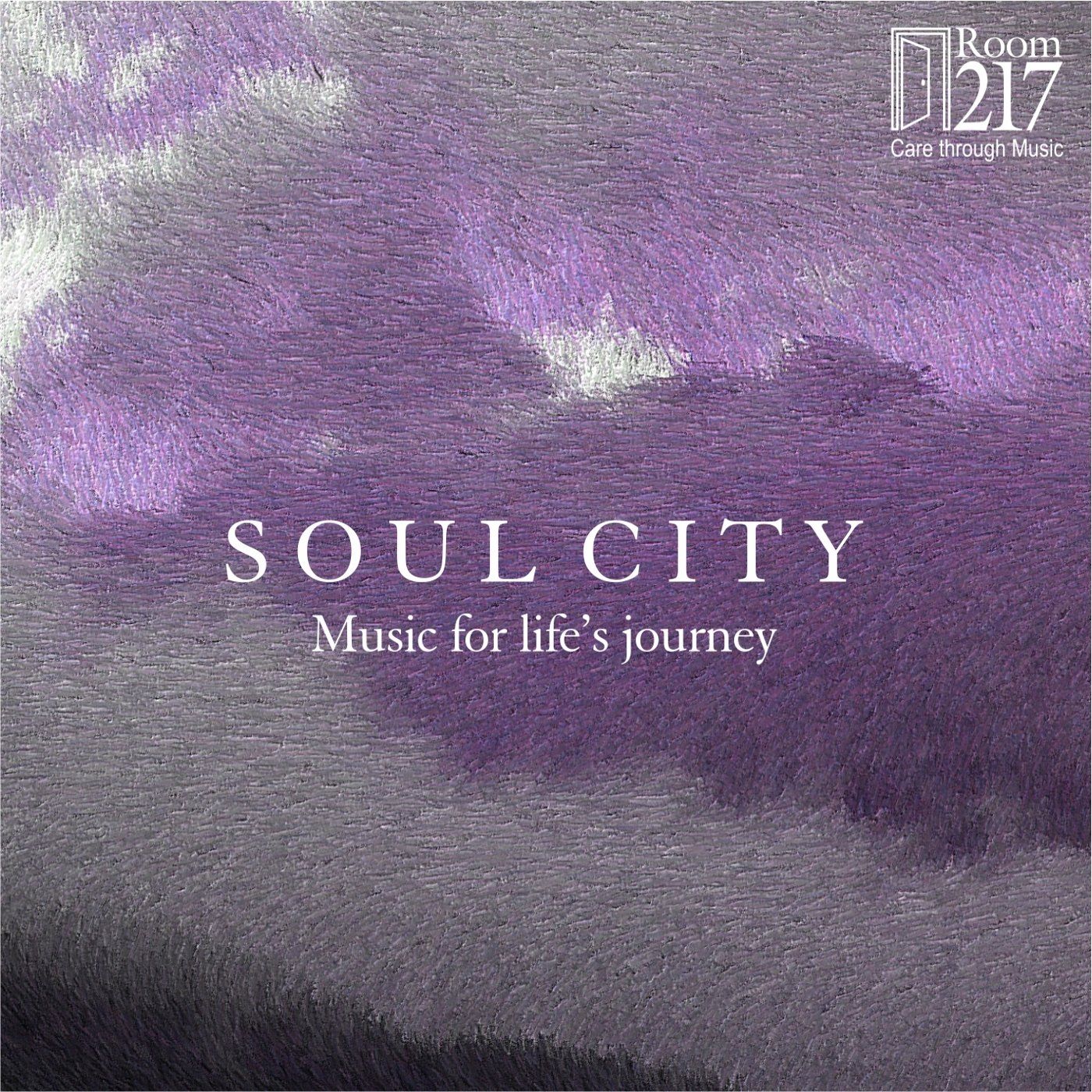10 of 10 Reasons why singing is good for your health
 Singing is a whole-self, holistic human action.
Singing is a whole-self, holistic human action.
When we sing, our body, breath and spirit all work together. The voice is a direct result of the breath, musculature and overall mental and emotional state of a person at any given moment. If we are feeling nervous or threatened, the muscles that respond to fear will constrict and so too will the voice. When we feel impulsively joyous, our breath will dance and our voices will sing free.
In other words, we can think of singing as an expression of the whole self. Renowned vocal coach Joanna Ouston Weir summarizes this well in the following quote: “the way in which an individual engages [their] voice and breath is inextricably linked to [their] identity and emotional landscape [they] have constructed in response to [their] life experiences.”
Studying voice technique inspired me to become a music therapist. Having sung my whole life, it wasn’t until I began seriously applying technique – mainly to deal with some vocal injury – that I began to understand singing as a means of knowing oneself. Looking back, my vocal injury was a result of trying to sing, for years, in a way that would sound “right” and please others. Learning to sing like myself has been a process of cultivating physical and personal awareness. And that process has often been uncomfortable.
Practicing singing technique is not unlike a yoga practice, where through repeated exercises (or poses) we cultivate awareness of our most mundane habits, and make a sometimes-challenging commitment to change those habits. Through practicing yoga, we might become more aware of our body when we do mundane things like reach for a jar on a top shelf or stand up out of a chair. Similarly, through conscious singing, we can become more aware of our breathing habits, our emotional responses to our surroundings, and to the ways we might be adjusting or manipulating our voice in order to impress those who can hear us.
It is not uncommon for music therapists who have special training in voice technique to use singing as a means of therapy. I’ve found it to be a very helpful modality in my practice. A woman might discover she has a deep fear of using her chest-voice because it sounds “too masculine,” setting her on a journey to explore her sense of power. A client might discover that he cuts off his speaking voice to resonate merely in his sinus cavity, blocking off flow to entire areas of his body, which might illuminate a fear of being totally present, and a desire to hide and self-protect.
Singing helps us know ourselves. In those moments where we let go of inhibitions and belt out to the radio in the car, or impulsively sing in the shower, or spontaneously sing along to a song we’re dancing to - those are moments of true presence, honesty, and joy. Those are moments of self-hood. Similarly, those moments where we fight the impulse to sing – or tell ourselves we can’t sing or shouldn’t sing, or try to sound like someone else when we sing - those are telling moments too. They illuminate cultural assumptions, learned behaviours, and beliefs we carry about ourselves.
The reality is that singing is natural, normal and extremely good for our health. The next time you or someone around you says, “I can’t sing,” consider where that belief is coming from. And then challenge it. It’s a belief worth challenging.
 Sarah Pearson is a music therapist working in oncology and palliative care in Kitchener, ON . She is the Program Development Coordinator for the Room 217 Foundation and Lead Facilitator of the Music Care Certificate Program.
Sarah Pearson is a music therapist working in oncology and palliative care in Kitchener, ON . She is the Program Development Coordinator for the Room 217 Foundation and Lead Facilitator of the Music Care Certificate Program.



Charitable Registration #85728 5092 RR0001 • Room 217 Foundation™
Box 145 Port Perry, ON, L9L 1A2 • 844.985.0217








